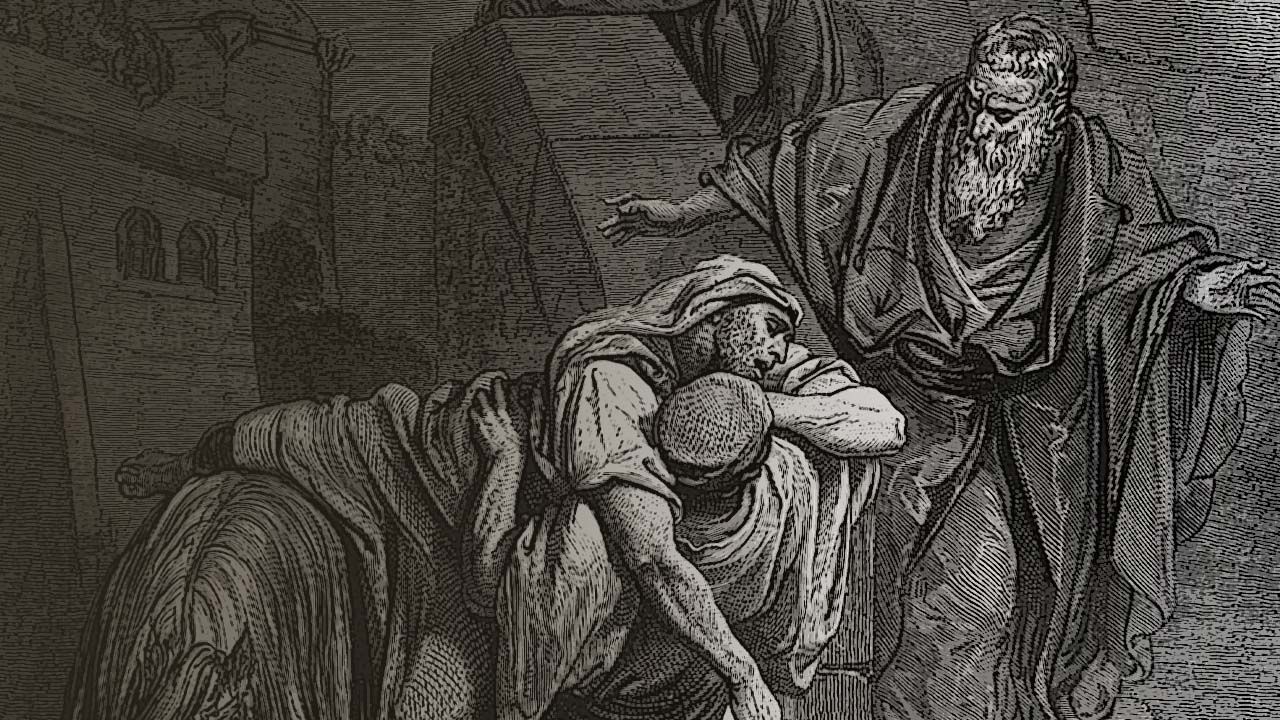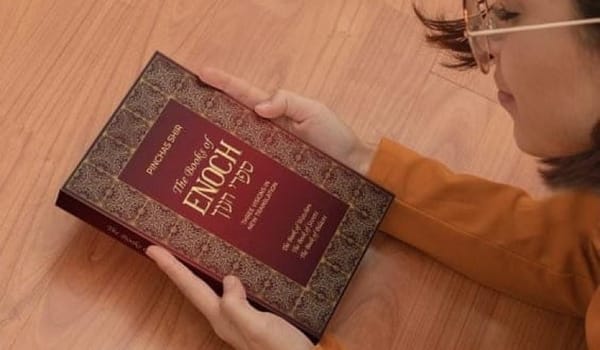A “Torah expert” (νομικός; nomikos) once asked Yeshua, “What shall I do to inherit eternal life?” (Lk 10:25). Like a good rabbi, Jesus answered with a question: “What is written in the Torah?” (10:26). The learned man replied that, of all the Torah commands, it is most important to love God wholeheartedly (Deut 6:5), and also to love one’s neighbor (Lev 19:18). When the expert asked, “Who is my neighbor?”, Yeshua told a story about a Samaritan (Lk 10:30-35). Why did he do that?
The answer lies buried in the Hebrew text of the Torah. In Leviticus 19:18 God instructs the Israelites as to how they should treat each other: “You shall not take vengeance, nor bear a grudge against the sons of your people, but you shall love your neighbor as yourself” (NASB). The term translated as “neighbor” in this verse is רֵעַ (rea), which means “friend,” “companion,” or “close associate.” A number of synonyms, such as אָח (ach; “brother”), עָמִית (amit; “kin”) and בְּנֵי עַמֶּךָ (bnei amecha; “children of your people”) appear in this same passage about Israelite relationships. But then comes a surprise; Leviticus goes beyond its discussion of relations within Israel and commands that God’s people also love the non-Israelite as well: “The stranger who resides with you shall be to you as the native among you, and you shall love him as yourself, for you were aliens in the land of Egypt; I am the LORD your God.” (Lev 19:34 NASB).
This command is a direct parallel to loving “your neighbor” (reacha; רֵעֲךָ) in Lev 19:18. But here God commands to love a גֵּר (ger)—“stranger,” “sojourner,” or “alien” who resides among the Israelites. The Lord says that any stranger is to be treated cordially as if he or she were a “native” (ezrach; אֶזְרָח) of Israel. In light of this biblical background, it should make sense why Jesus tells a story about a Samaritan in Luke 10. Yeshua alludes to the context of the very passage the man quoted to him (Leviticus 19) and notes that even “strangers” and “outsiders” are to be treated as neighbors. Rabbi Jesus’ story was a challenge to the Torah expert to fully embrace God’s commandments.












Member discussion